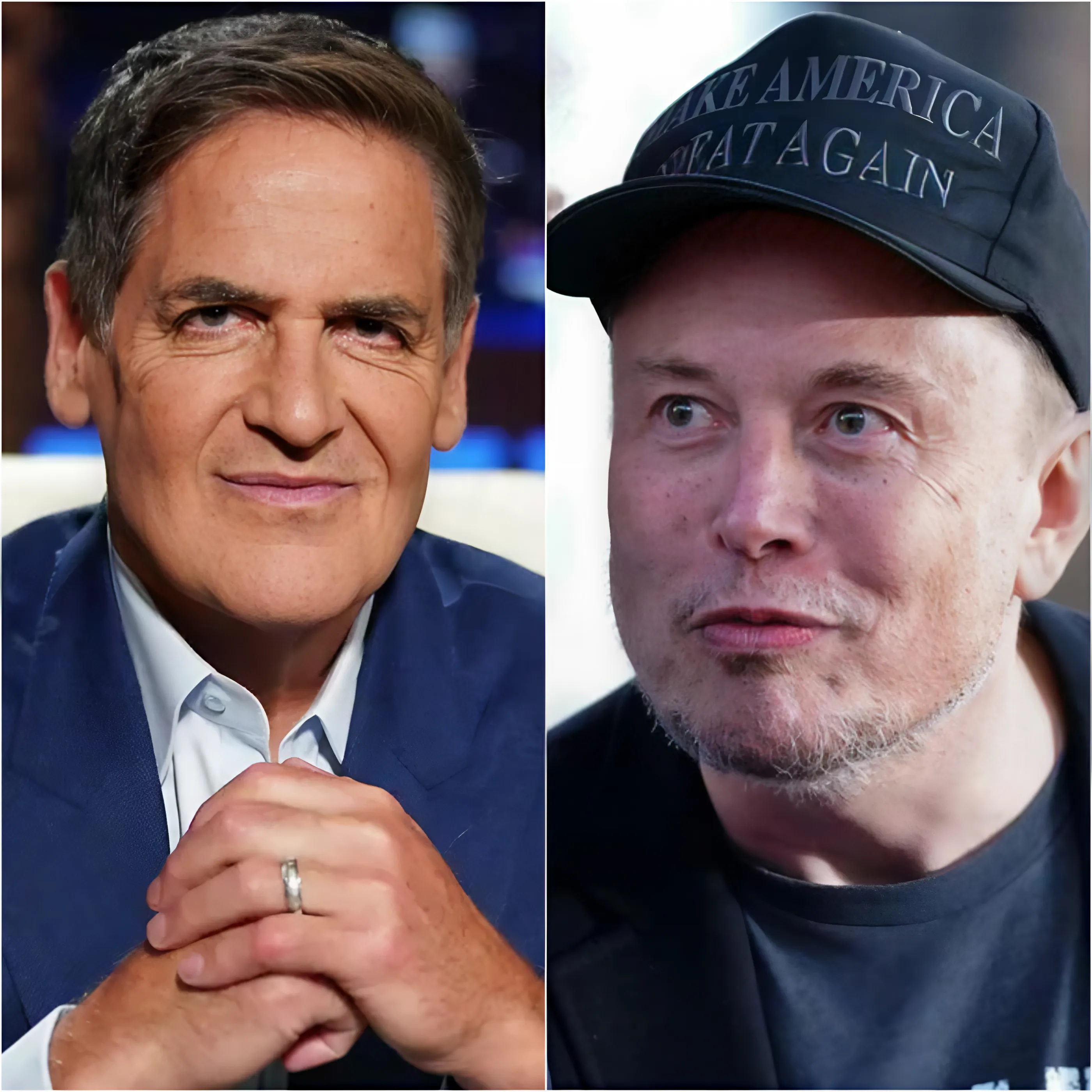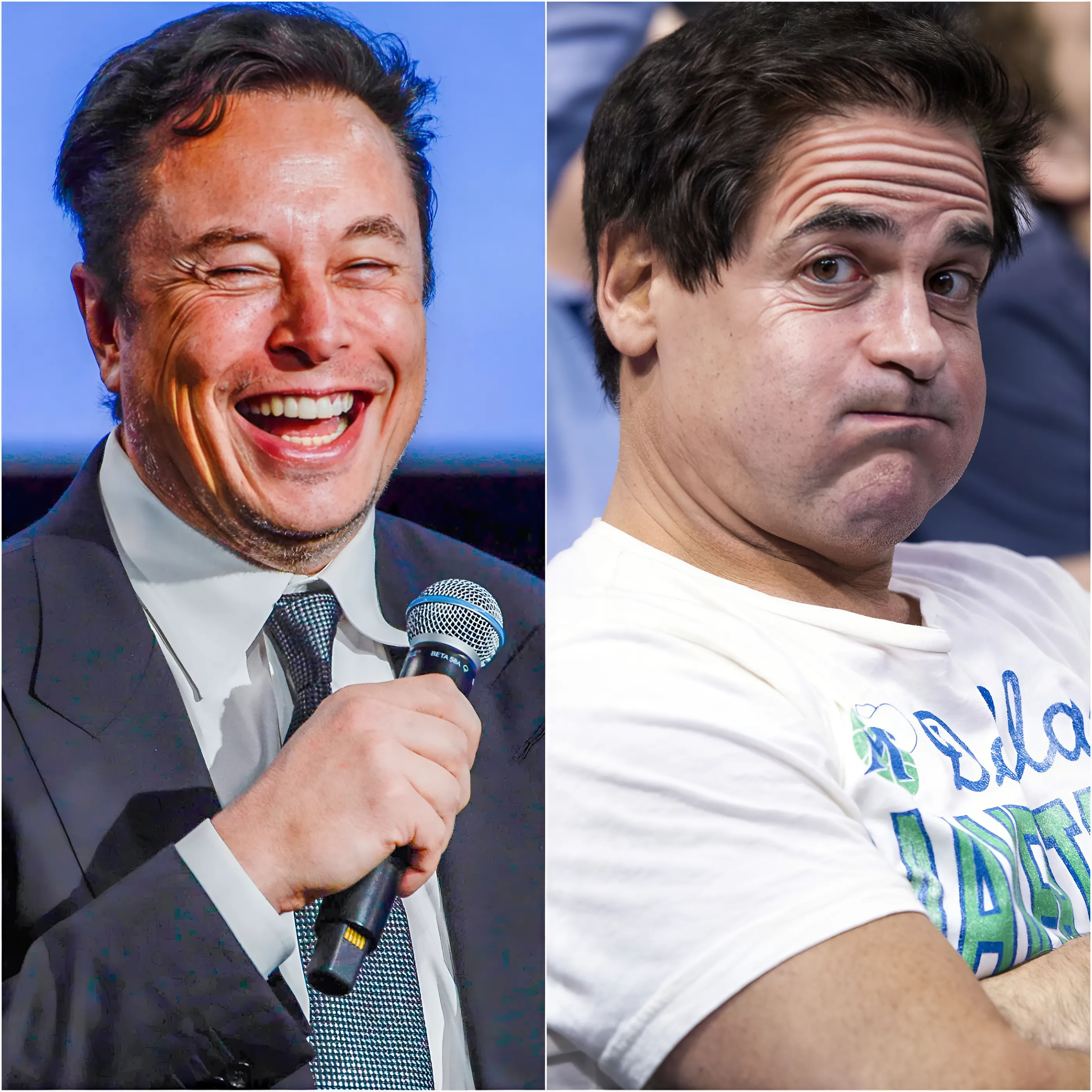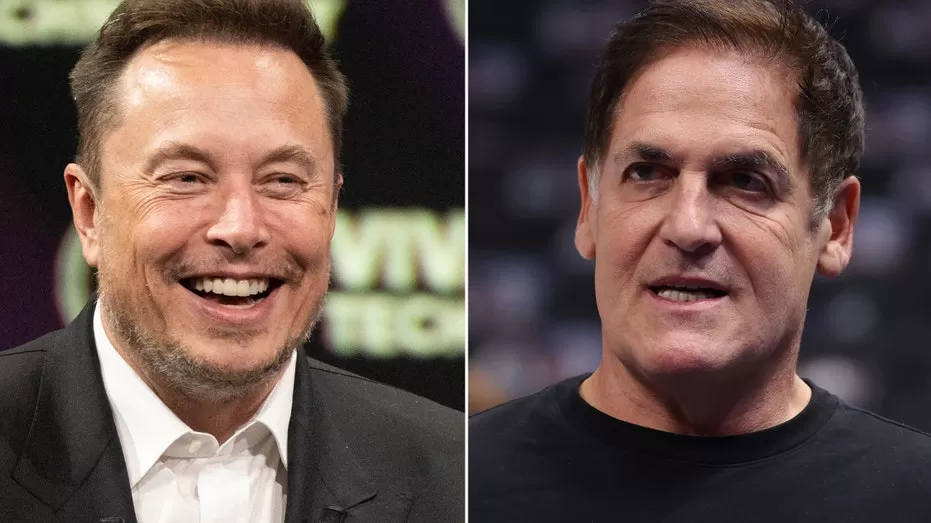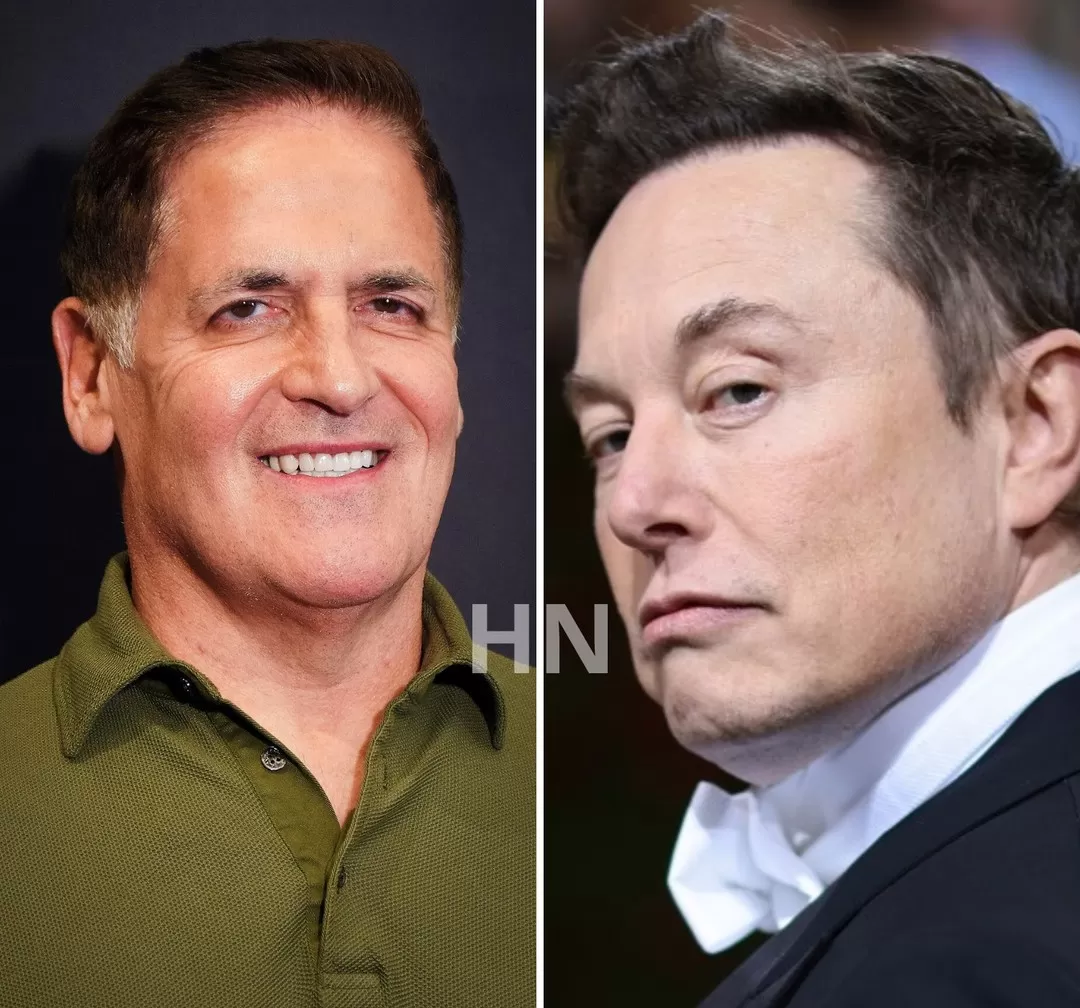Mark Cuban’s Dallas Mavericks have suffered a major financial setback, losing an estimated $200 million in sponsorships following a recent call from Elon Musk to boycott the team. The announcement has sent shockwaves through the business and sporting worlds, and has highlighted the powerful influence of Musk’s social media reach and the immediate impact it can have on brand partnerships.

The controversy began when Musk, the billionaire CEO of Tesla and SpaceX, expressed his opposition to certain business practices and actions tied to the Mavericks. Without offering specifics, Musk’s tweet encouraged his millions of followers to withdraw their support for the team, and many of his loyal fans, who are also prominent investors, followed suit. As a result, some of the Mavericks’ biggest corporate sponsors decided to cut ties with the team, unwilling to risk their public image by continuing to be associated with an entity Musk had put in his crosshairs.

The financial ramifications of Musk’s call for a boycott have been swift and severe. Corporate sponsorships, which play a crucial role in the revenue model of professional sports teams, make up a substantial portion of the Mavericks’ revenue. Losing such a large portion of sponsorship deals, especially amid a competitive sports landscape, is a blow that could take years to recover from. It also raises questions about the degree to which high-profile public figures can influence the financial ecosystem of sports franchises.

Mark Cuban, known for his bold business decisions and outspoken personality, has yet to comment publicly on the situation. However, his team is certainly in crisis management mode as it attempts to salvage relationships with existing sponsors and rebuild its partnerships. The Mavericks’ future sponsorship prospects may now depend largely on how Cuban and his leadership team deal with the fallout from Musk’s intervention.

Musk’s boycott has sparked broader debates about the power of social media in determining the fortunes of companies and sports organizations. It also highlights the growing tension between influential tech moguls and sports franchises, where off-pitch alliances and rivalries can now have a tangible impact on the bottom line. For the Mavericks, it’s a stark reminder of how quickly fortunes can change in an increasingly connected world, where public figures wield the power to influence not just consumer opinion but corporate decisions.
As the Mavericks look to recover from this financial blow, many are wondering whether Musk’s boycott will set a precedent for future relationships between athletes and teams in the age of social media. The episode serves as a warning to the sports industry, which may need to reconsider how it handles its connections to the influential tech world going forward.

naradaninandkevin1111@gmail.com